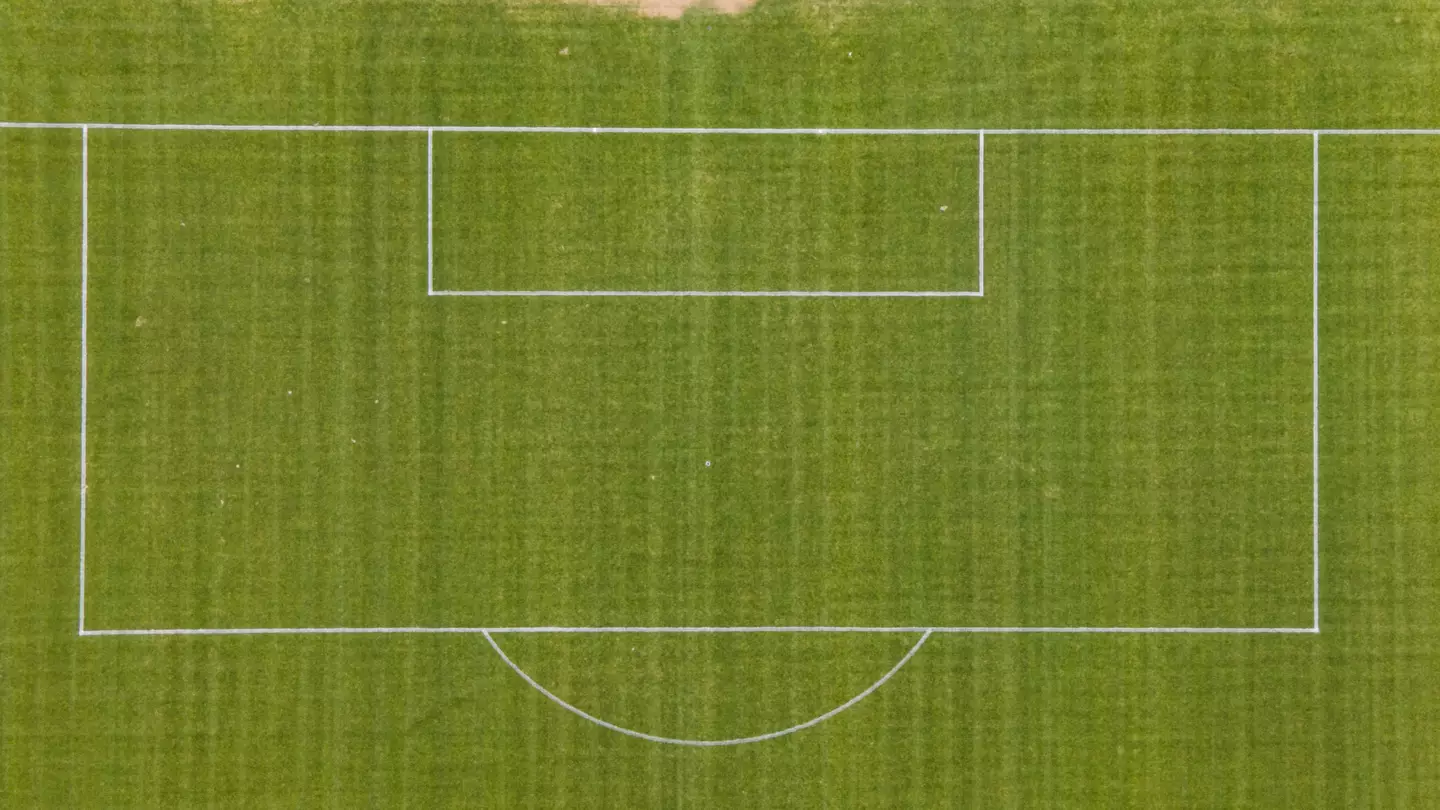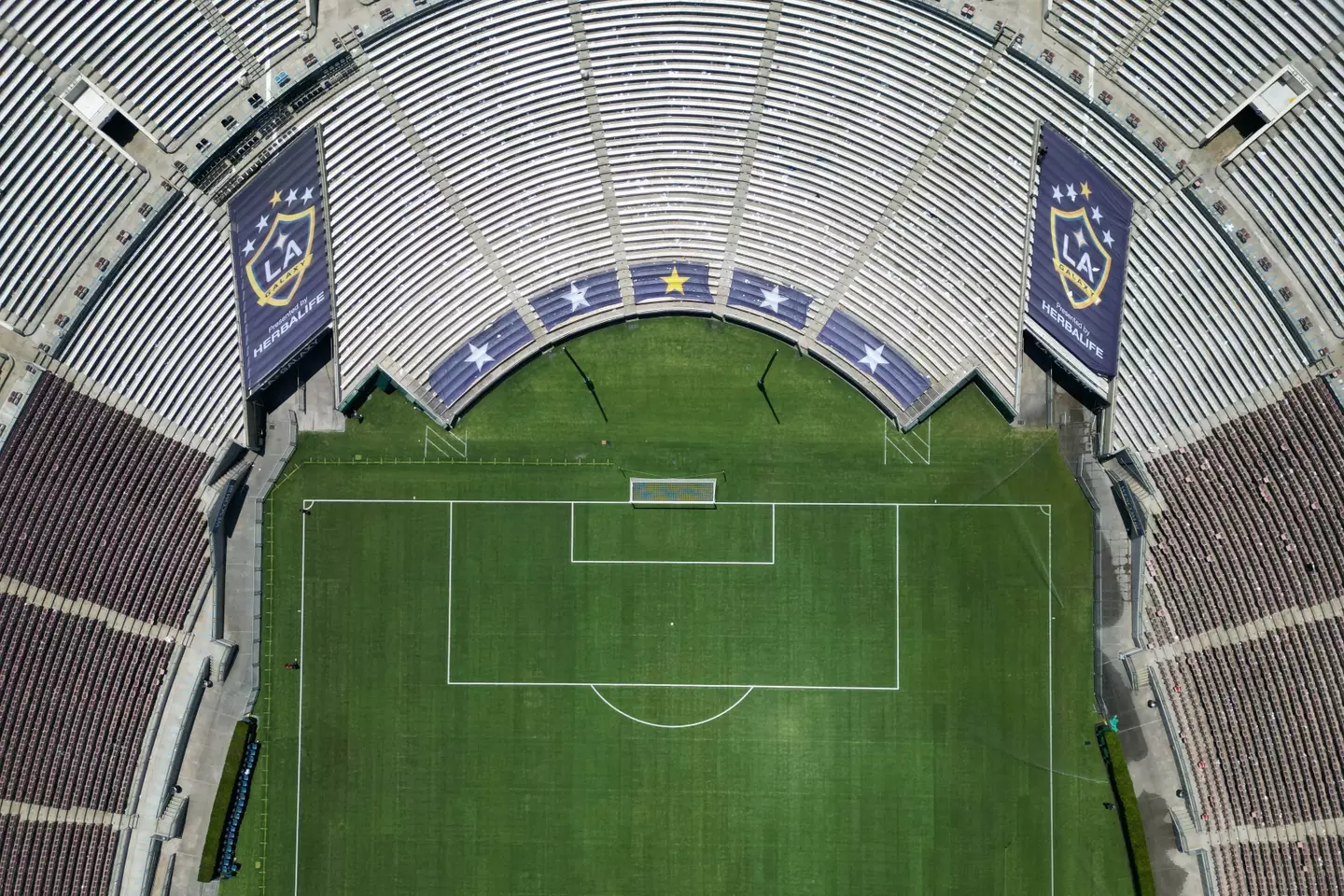
Football fans have only just realised what the ‘D’ on the edge of the penalty area’s real name and purpose.
With it being one of the most popular sports in the world, there are many hidden rules and regulations that you might not know about football.
Over the years, the most talked about rule of the sport would be the offside, which could take a fair bit of time to grasp.
However, there is one particular law which has confused football fans around the world and that is the presence of the ‘D’ on the edge of the penalty box.
While some fans are unsure why it is marked on the pitch, almost everyone will have been using its incorrect name.
Instead of being called the ‘D’, the correct terminology for the line is the penalty arc – which gives a hint to its purpose.
Just like for a free-kick outside of the area, opposition players must remain at least 10 yards from a penalty taker.
To ensure there is no encroachment, opposing players must stand behind the penalty arc in the process of a spot-kick being taken and may only move once the taker has made contact with the ball.

Getty
Regarding the process of a penalty being taken, the laws of the game on the International Football Association Board (IFAB) website state: “The players other than the kicker and goalkeeper must be: at least 9.15 m (10 yds) from the penalty mark, behind the penalty mark, inside the field of play and outside the penalty area.”
There are a number of laws regarding the retaking of a penalty kick if encroachment occurs.
According to IFAB’s Law 14, as reported by The Mirror, a penalty must be retaken if the attacking team encroaches and the ball finds the net, or alternatively both teams encroach regardless of the result.
A spot-kick is also retaken if the defending team encroaches but the penalty taker fails to find the back of the net.
Alternatively, if the penalty kick taker misses but there is encroachment by the attacking side, an indirect free-kick is awarded to the defending team.
So, now you know!
News
Discover the Hidden Health Benefits of Common Mallow: Nature’s Nutritional Gem (an)
Discover the Hidden Health Benefits of Common Mallow: Nature’s Nutritional Gem Common mallow, also known as Malva sylvestris, is often overlooked and dismissed as a mere weed. However,…
Boost Your Energy Like an 18-Year-Old with This Powerful Lemon and Honey Remedy (an)
Boost Your Energy Like an 18-Year-Old with This Powerful Lemon and Honey Remedy Introduction: Reclaim Your Youthful Energy Do you often find yourself wishing you could feel…
13 Health Benefits of Phyllanthus Niruri (Stonebreaker) (an)
Phyllanthus niruri, commonly known as Stonebreaker, Chanca Piedra, is a powerful medicinal herb widely used in traditional medicine. This plant is well-known for its liver-protective properties and its…
Yarrow: A Timeless Herbal Ally with Amazing Health Benefits (an)
Yarrow (Achillea millefolium), a perennial herb, has been revered for centuries as a medicinal plant with a wide array of health benefits. Its use dates back to…
Just 1 Leaf of This Plant Is Worth a Gold Mine – Euphorbia Hirta (Did You Know That?) (an)
Euphorbia hirta, commonly known as asthma weed or snake weed, may appear as an ordinary wild plant, but it is a true gold mine when it comes to its…
End of content
No more pages to load











